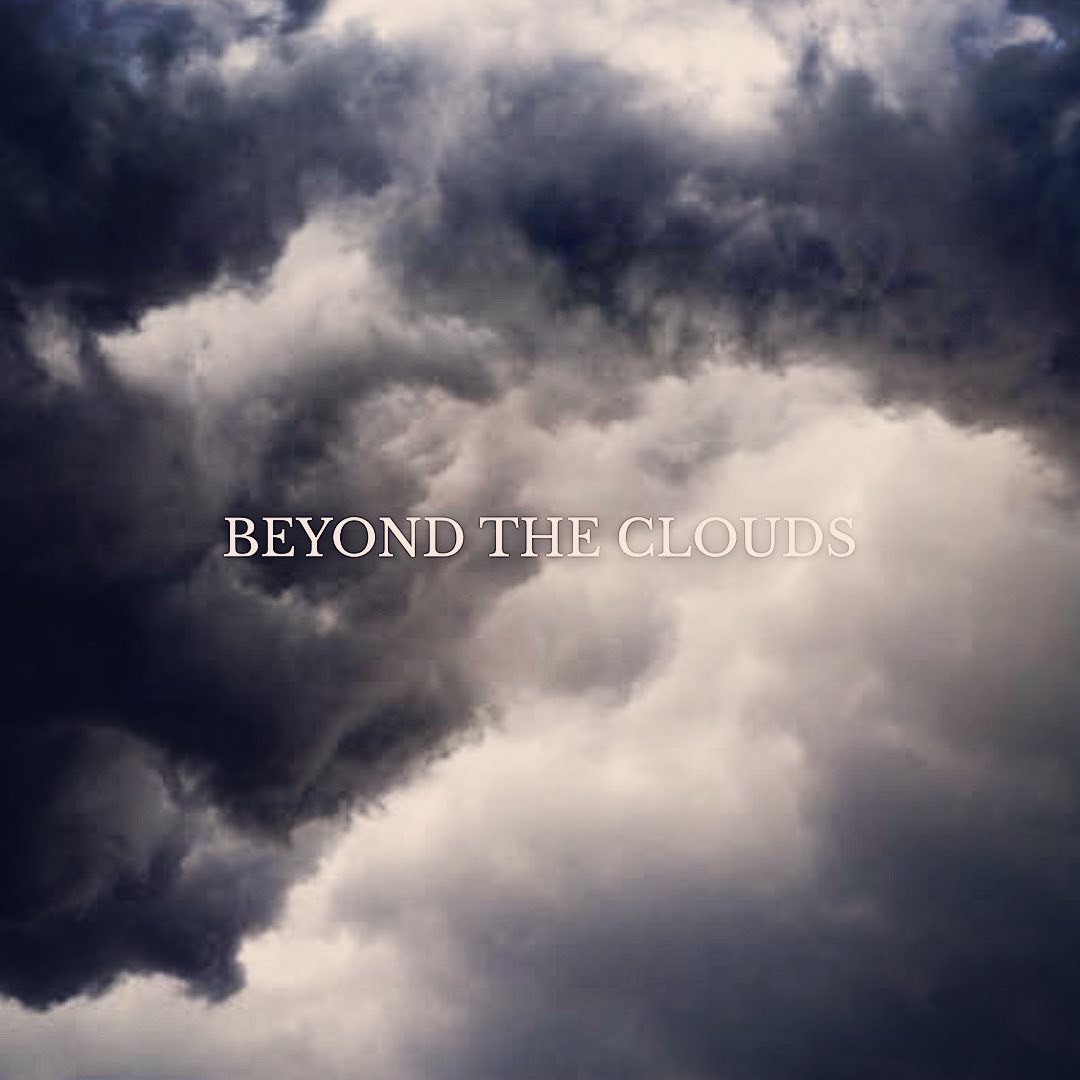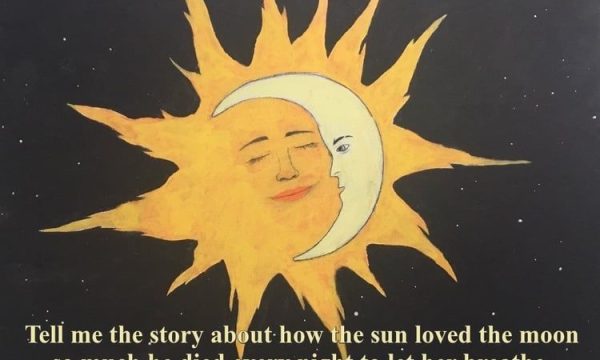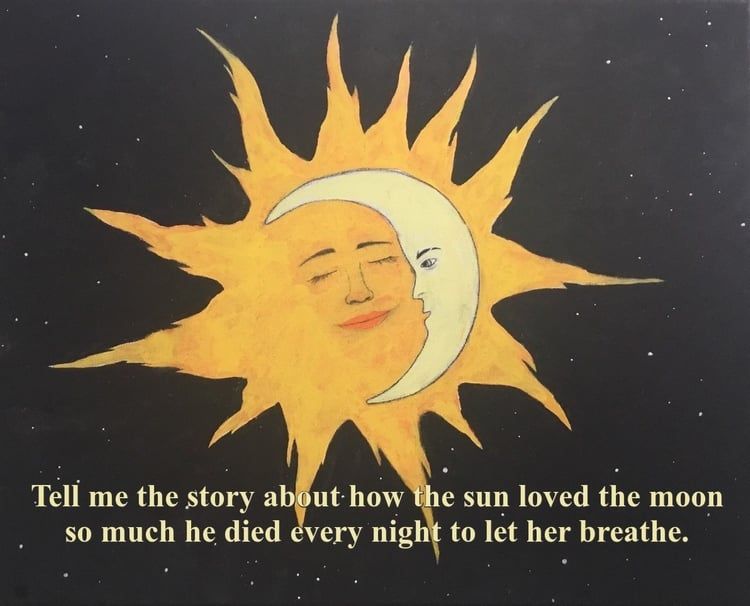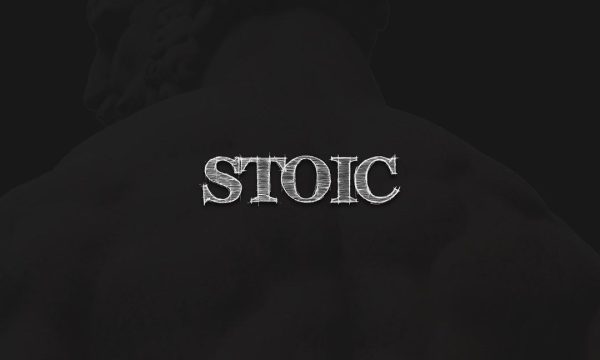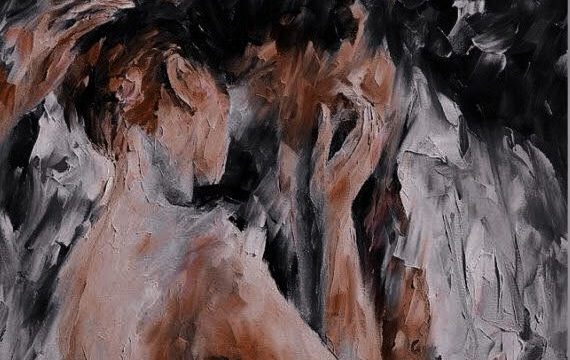
abstract :/abstrakt/ :existing in thought or as an idea but not having a physical or concrete existence.


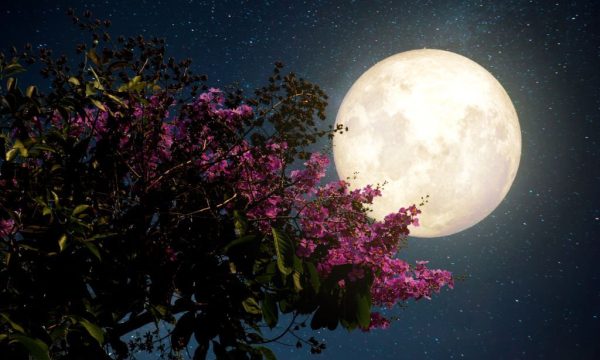

Have you ever stood at your balcony, just to gaze at the sky? I just did, and words aren’t enough to describe how I fell for my friend staring at me from far. The same white ball, that’s always there for me.




Take the Breath of Peace!, by J. W. Cassandra: this is my today poem. I was writing it to my mobile, lying on my bed for I’m ill now. But this is my voice: my voice against war, in behalf of peace. Since I believe that our will can be a butterfly effect for reaching peace. I will share it in Hungarian, as well. Illustration is from Pixabay, by Truthseeker08. (J. W. Cassandra: Lélegezd a békét! Ez a mai legújabb versem. Fekve írtam az ágyon a mobilomba, mert beteg vagyok. De ez az én hangom: a hangom a háború ellen, a békéért. Mert hiszem, hogy akaratunk pillangóhatásként hat, hogy elérjük a békét. Megosztottam angolul is. Illusztráció: Truthseeker08, Pixabay.)




Take the Breath of Peace!, by J. W. Cassandra: this is my today poem. I was writing it to my mobile, lying on my bed for I’m ill now. But this is my voice: my voice against war, in behalf of peace. Since I believe that our will can be a butterfly effect for reaching peace. I will share it in Hungarian, as well. Illustration is from Pixabay, by Truthseeker08.


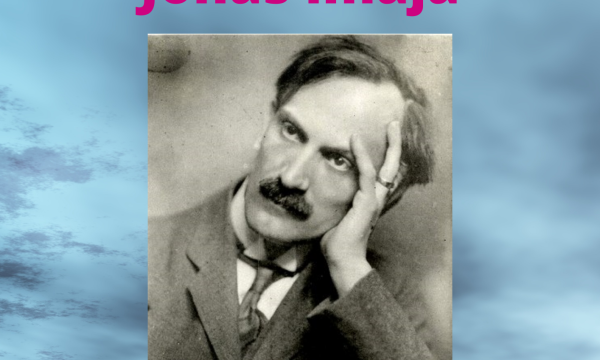

Jonah’s Prayer, by Mihály Babits: this is the original poem. It was written in 1939 as a continuation of the Jonah’s Book, a paraphrase of the story in the Bible, in 1938. Mihály Babits (26th Nov., 1883, town Szekszárd – 4th Aug., 1941., Budapest) at that time suffered cancer of larynx and this poem is his last song. Its genre is a prayer. His dramatic self-confession and supplication to God named in the poem as Lord, or simply He, he rises his voice once more against war, for defending human values. This poem is a closing to the Jonah’s Book, it confirms the message: we have to assume role of prophet, for individual fate is dwarfed by the great wholeness, but it is the individual namely the prophet who is able to manifest God’s will for the sake of the great wholeness. Lord is equal to provider Creator, the Whale symbolizes death. On the illustration you can see the poet’s photo from 1935 and his signature. Illustration is from wikipedia. The grievous actuality, that we all know, motivated me to translate and share the poem. (Babits Mihály: Jónás imája: az eredeti vers. 1939-ben írta a Jónás könyve folytatásaként és lezárásaként. Az előbbi a bibliai történet parafrázisa, 1938-ban jelent meg. Babits Mihály (1883. nov. 26. Szekszárd – 1941. aug. 4., Budapest) abban az időben már gégerákban szenvedett, s ez a vers a hattyúdala. Műfaja ima. Drámai fohászában és önvallomásában, amelyben Istent Gazdának nevezi, vagy Ő-ként aposztrofálja, még egyszer fölemeli hangját a háború ellen, a humanitás érdekei védelmében. Ez a vers a Jónás könyve lezárása, amely megerősíti annak üzenetét: magunkra kell vállalnunk a prófétaságot, mert az egyéni sors eltörpül a nagy egész mellett, mégis az egyén, azaz a próféta az, aki képes Isten akaratát kinyilvánítani a nagy egész érdekében. A Gazda azonos a gondoskodó Teremtővel, a Cethal a halált szimbolizálja. Az illusztráción a költő képe látható 1935-ből és az aláírása. Eredete: wikipedia. Szomorú aktualitás, amelyet mind ismerünk, késztetett arra, hogy lefordítsam és megosszam a verset.)
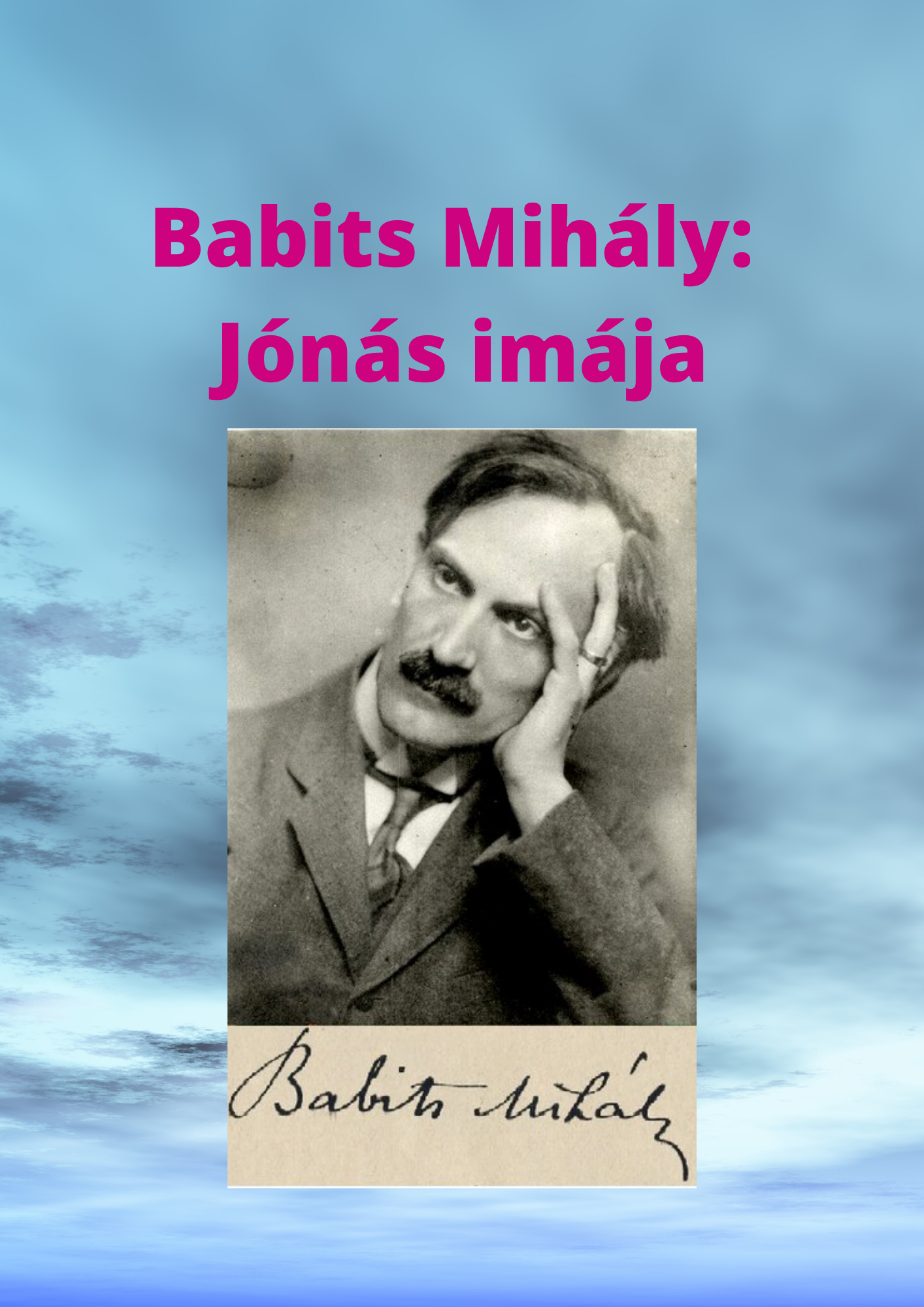

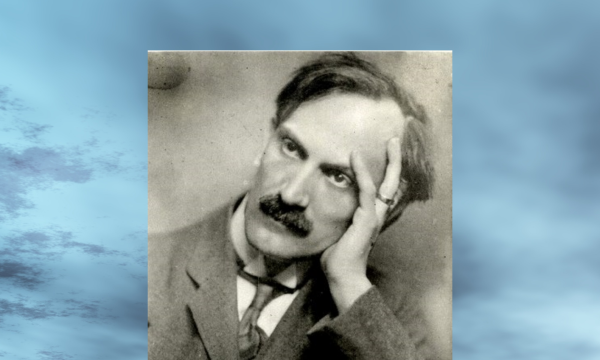

Jonah’s Prayer, by Mihály Babits, translation by J. W. Cassandra: the poem was written in 1939 as a continuation of the Jonah’s Book, a paraphrase of the story in the Bible, in 1938. Mihály Babits (26th Nov., 1883, town Szekszárd – 4th Aug., 1941., Budapest) at that time suffered cancer of larynx and this poem is his last song. Its genre is a prayer. His dramatic self-confession and supplication to God named in the poem as Lord, or simply He, he rises his voice once more against war, for defending human values. This poem is a closing to the Jonah’s Book, it confirms the message: we have to assume role of prophet, for individual fate is dwarfed by the great wholeness, but it is the individual namely the prophet who is able to manifest God’s will for the sake of the great wholeness. Lord is equal to provider Creator, the Whale symbolizes death. On the illustration you can see the poet’s photo from 1935 and his signature. Illustration is from wikipedia. The grievous actuality, that we all know, motivated me to translate and share the poem. I will share it in Hungarian, as well.
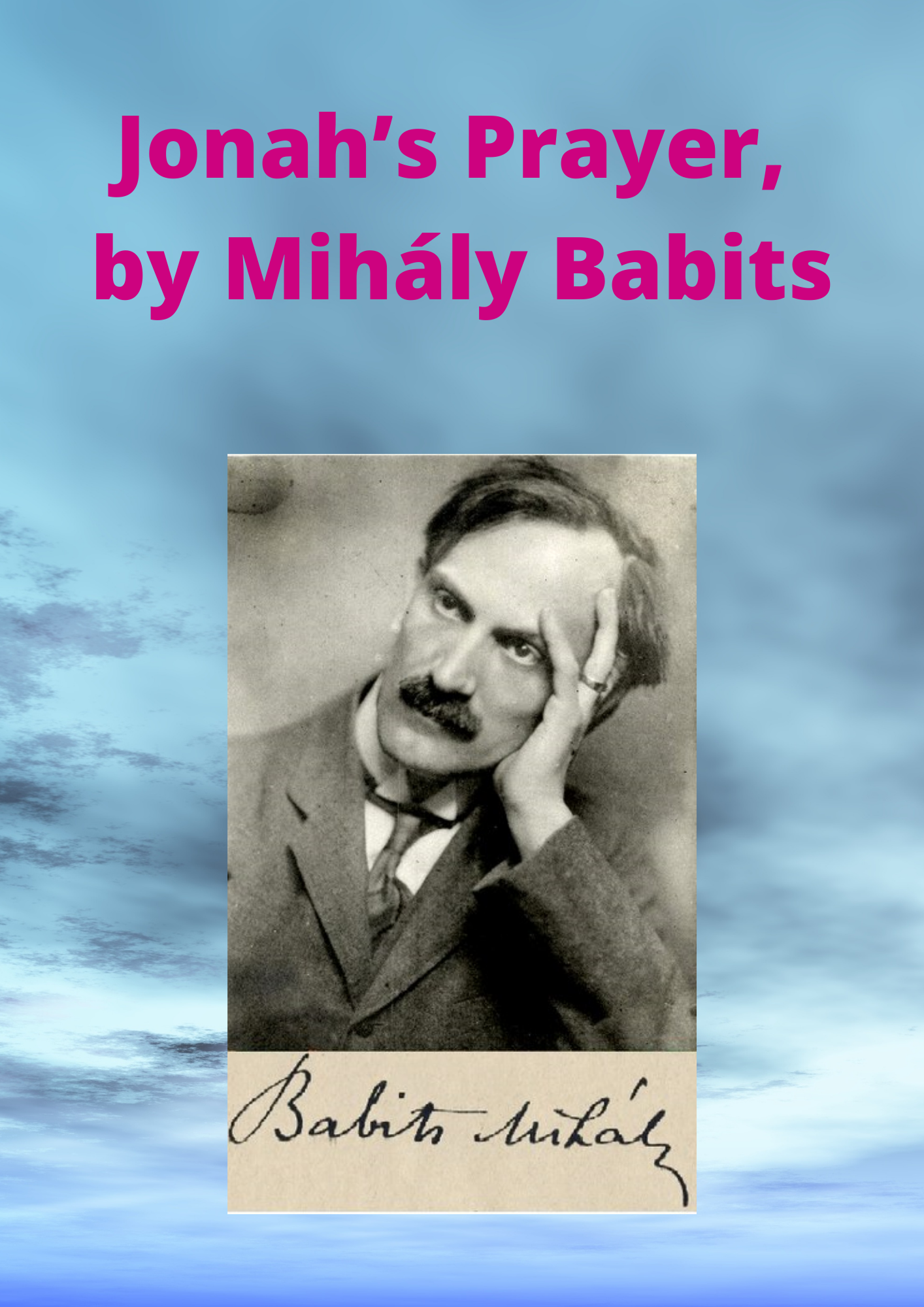



Said or nor for surely pure does date relate for more Early late for time’s allure, seat unshaken from floor For fourth thoughts or actions ponder passions generally passed Country clash to class, criminal how…


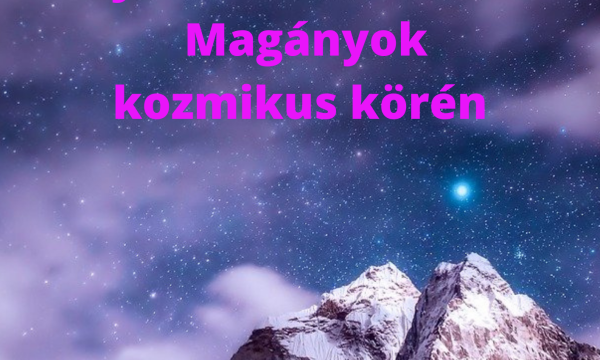

J. W. Cassandra: Magányok kozmikus körén. Ez a legújabb versem, ma reggel írtam. Még nem soroltam be egyik verseskötetembe sem. Remélem, sikerült átadnom azt a hangulatot, amit írás közben éreztem. Azt is remélem, hogy tetszeni fog! (This is the Hungarian version the original one of my newest poem, Cosmic Cirlce of Loneliness.) A képet a következő linkről másoltam: httpscdn.quotesgram.comimg7041002315083-a-journey-under-a-starry-night
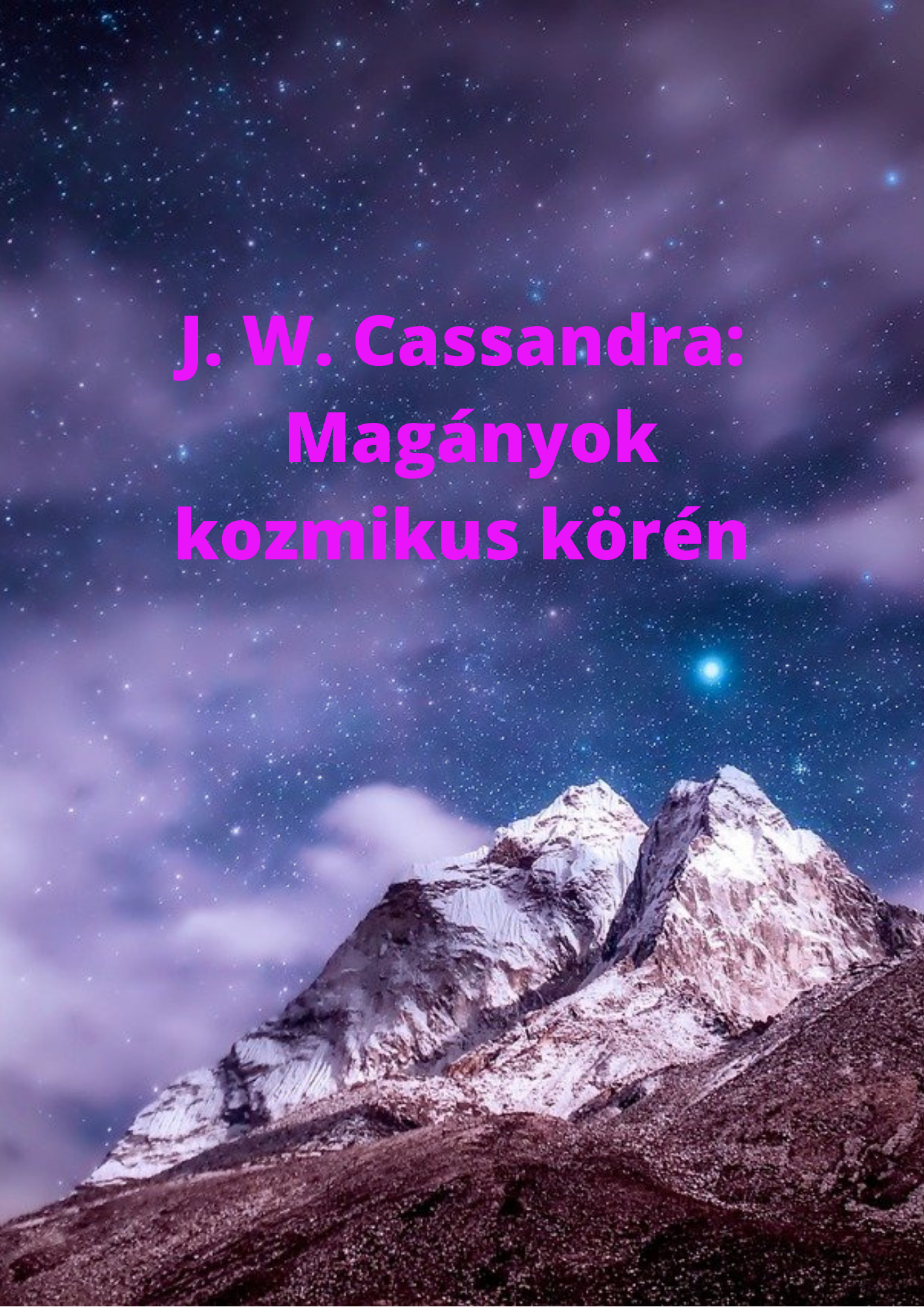



Cosmic Circle of Loneliness, by J. W. Cassandra: this is my newest poem, I wrote it today in the morning. I made the translation of the Hungarian version. I haven’t placed it yet into any of my volumes. I hope infinity of the poem will touch you and you will be able to grab its atmosphere. It wasn’t easy to render it in English.
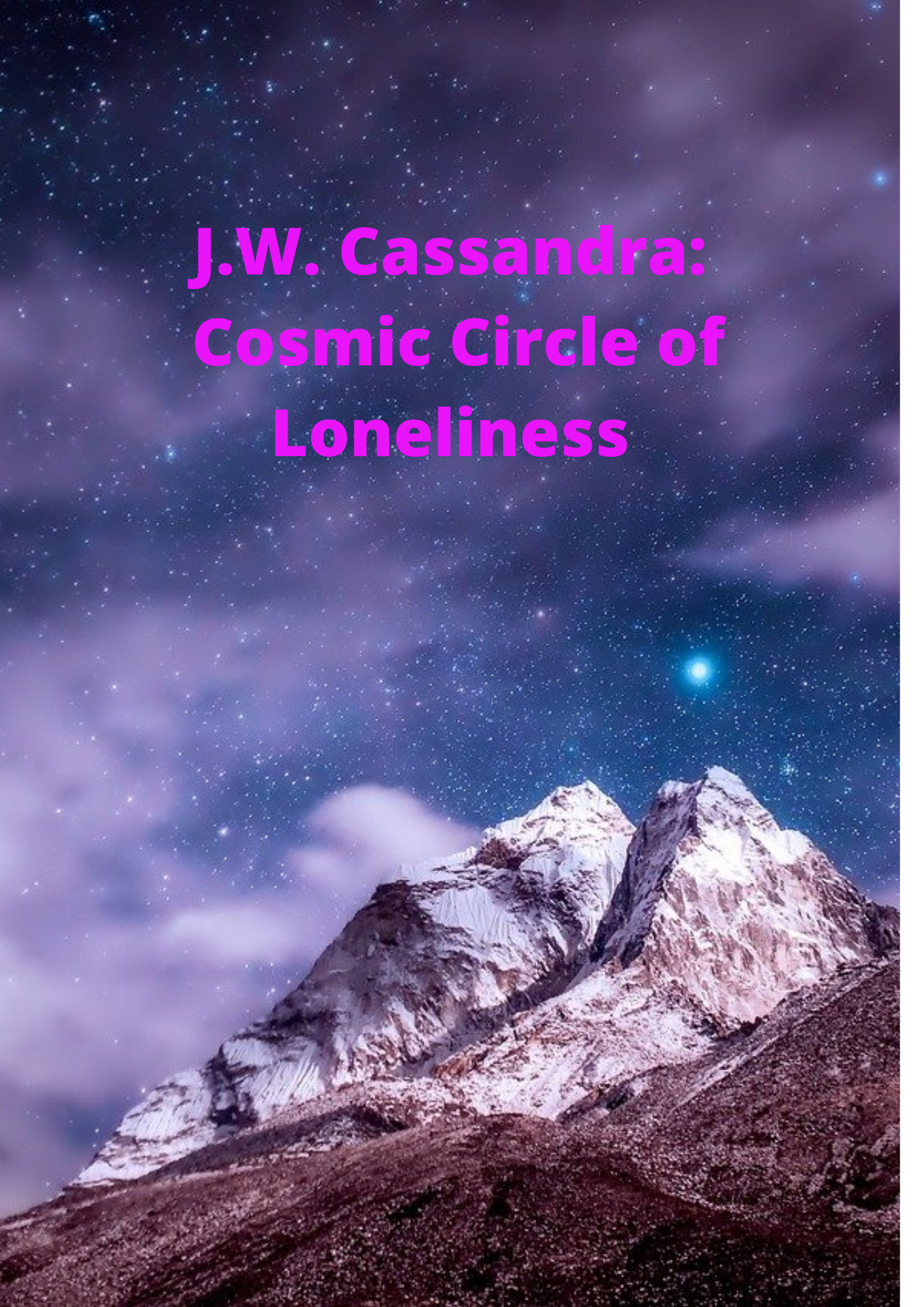

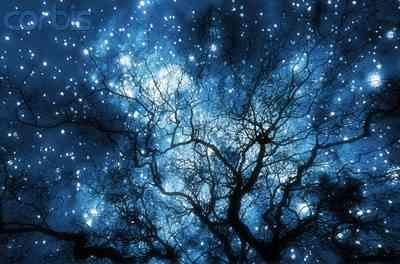

Hopelessly, detail, by Attila József (11/04. 1905. Budapest – 03/12. 1937. Balatonszárszó). A translation of the poem by J. W. Cassandra. This poem is one of my greatest favourites from my very childhood. The poet’s infinite loneliness appears seemingly in the picture of branch of nothingness. He rises this loneliness even into cosmic horizons as the stars are gathering around his lonely heart. They approach this aching heart but do nothing just are watching him. As far as I remember, I’ve imagined every time a branch with a red heart huddling up, trembling, and the stars around her, with falling tears, with tears of compassion: shining in golden lights, falling around him as a great river or sea. And I would like to add that even today litterateurs debate whether he died accidentally under the train in Balatonszárszó (our greatest lake in the western part of Hungary), or he committed suicide. The former is supported by opinion of the poet’s younger sister, Etelka or Etus, she ever had claimed that the poet was playing a stupid play among the wagons. Others support the latter opinion since his infinite loneliness was known for everybody in his time. He was only 35 years old passing away. But his poetry is one of the greatest of that of Hungary. Illustration I got from this link: httpscdn.quotesgram.comimg7041002315083-a-journey-under-a-starry-night I hope you will like the poem. Sorry, in the English version I made a typo happenly: I wrote to the date of birth 1933 instead of 1905. Certainly, he was born in 1905. Sorry for the mistake.


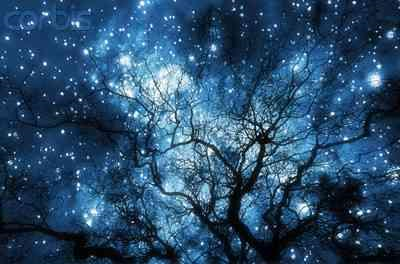

Hopelessly, detail, by Attila József (11/04. 1933 Budapest – 03/12. 1937. Balatonszárszó). A translation of the poem by J. W. Cassandra. This poem is one of my greatest favourites from my very childhood. The poet’s infinite loneliness appears seemingly in the picture of branch of nothingness. He rises this loneliness even into cosmic horizons as the stars are gathering around his lonely heart. They approach this aching heart but do nothing just are watching him. As far as I remember, I’ve imagined every time a branch with a red heart huddling up, trembling, and the stars around her, with falling tears, with tears of compassion: shining in golden lights, falling around him as a great river or sea. And I would like to add that even today litterateurs debate whether he died accidentally under the train in Balatonszárszó (our greatest lake in the western part of Hungary), or he committed suicide. The former is supported by opinion of the poet’s younger sister, Etelka or Etus, she ever had claimed that the poet was playing a stupid play among the wagons. Others support the latter opinion since his infinite loneliness was known for everybody in his time. He was only 35 years old passing away. But his poetry is one of the greatest of that of Hungary. Illustration I got from this link: httpscdn.quotesgram.comimg7041002315083-a-journey-under-a-starry-night I hope you will like the poem.


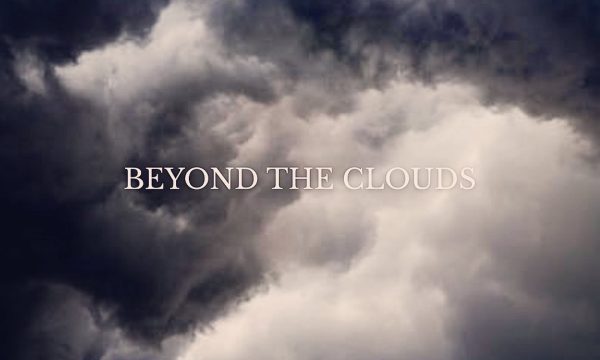

Above the being in seeing stars however the scars So by far the love is ours with no outs or regards Overdue to distance… discretionary clearly persistent For business simply pleasure with no weight or…
